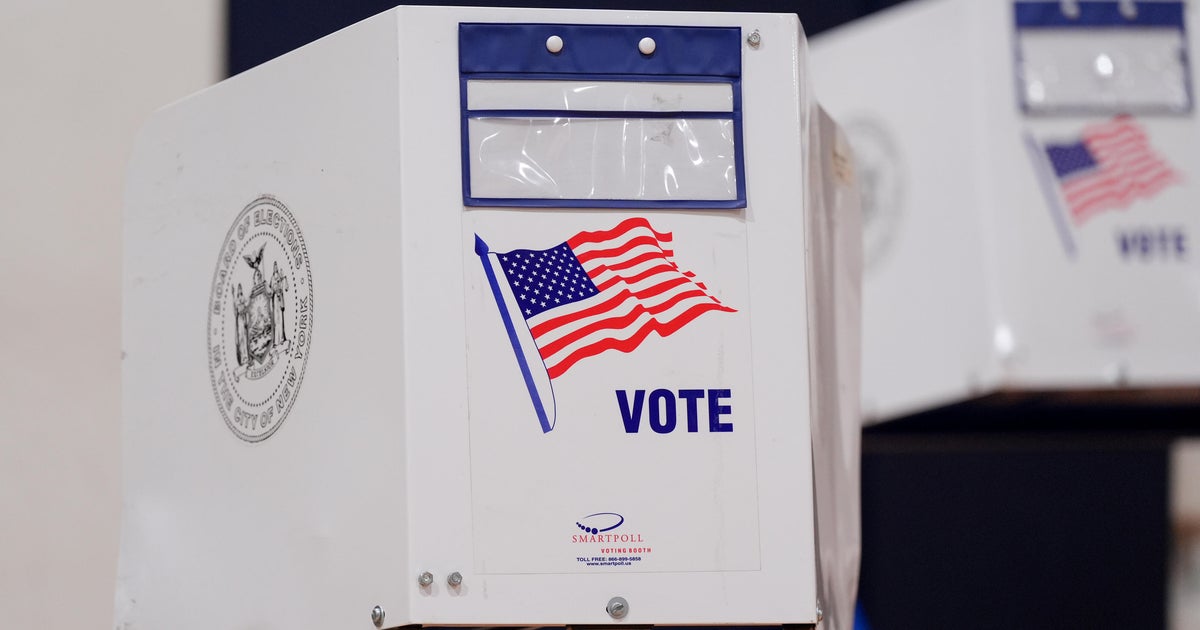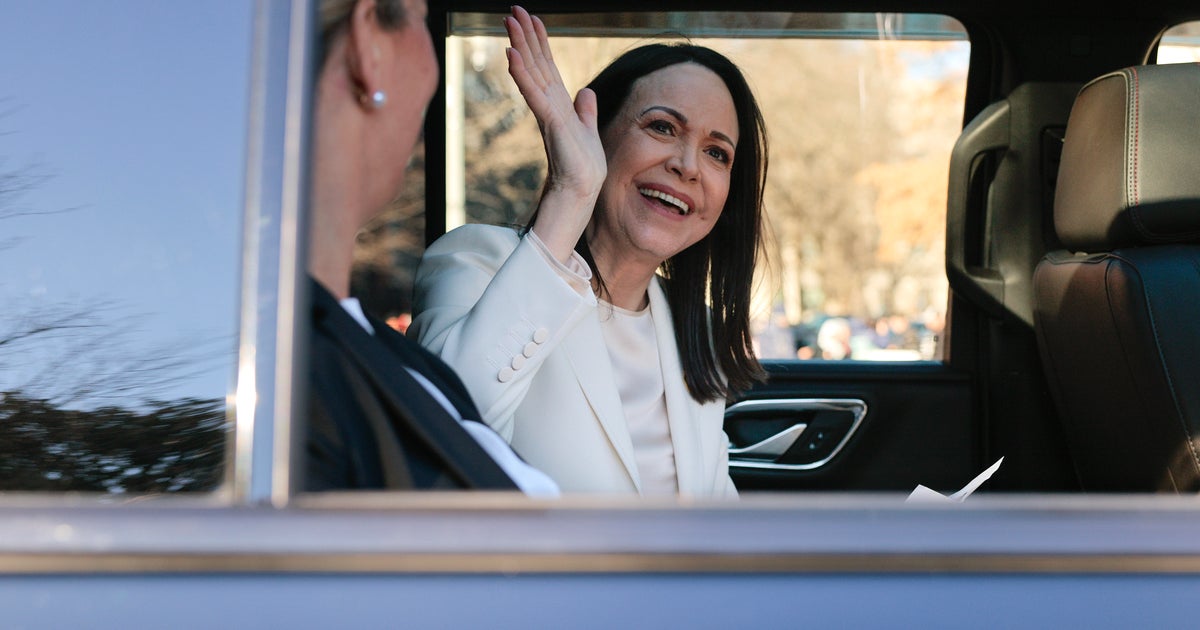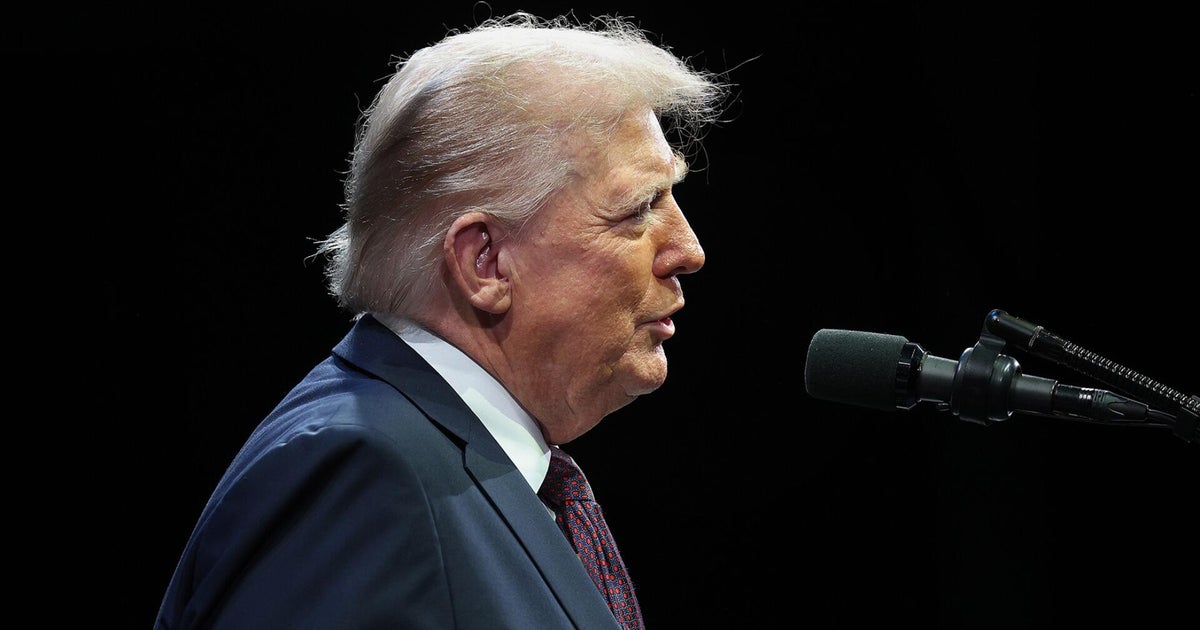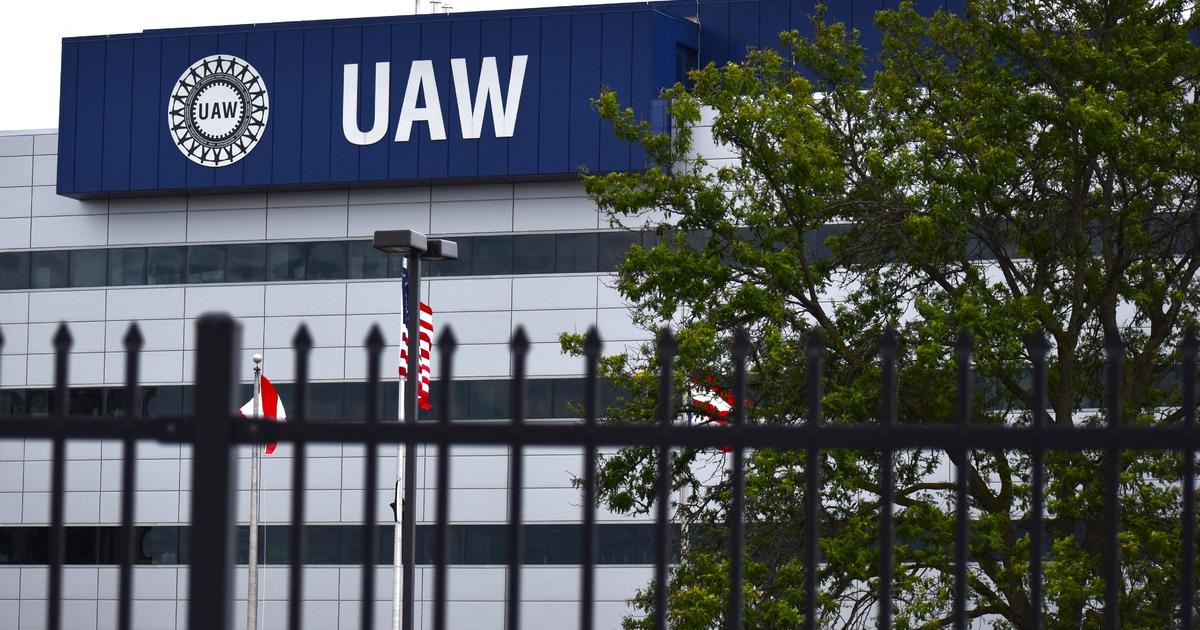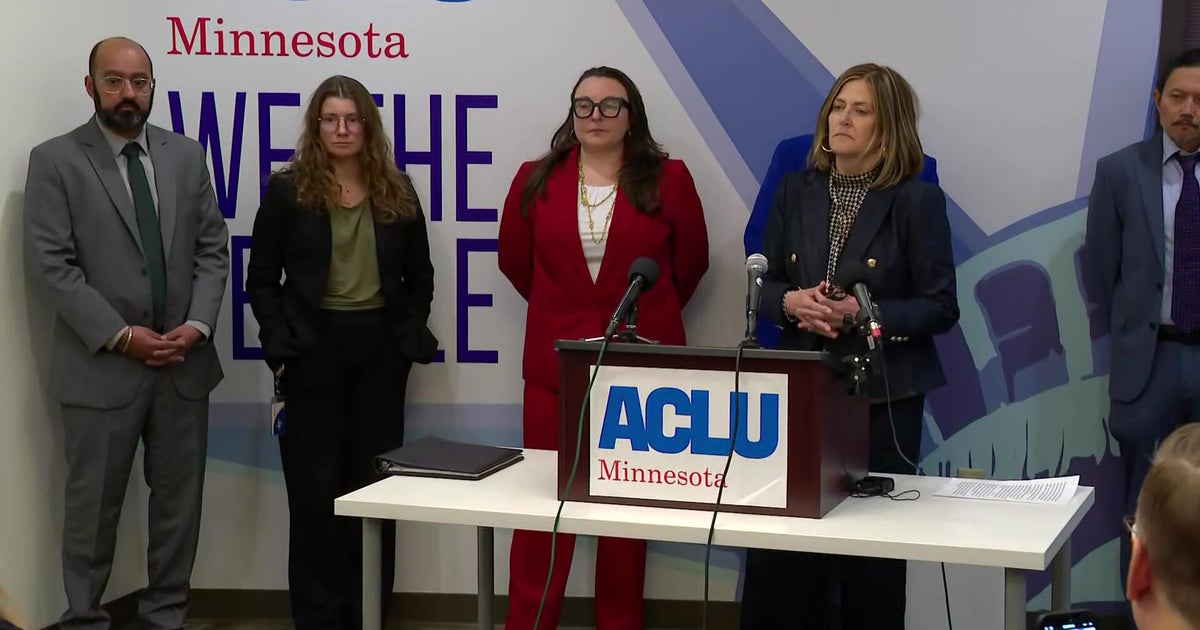Could Trump Be Denied A First Ballot Win For Republican Presidential Nomination?
PITTSBURGH (KDKA) -- Forget the popular vote -- or who wins what state -- it's all about delegates.
"Their job is to figure out who will be the best representative of the Republican Party, and it may not be the person who garnered the most votes, the most states," says Duquesne University Prof. Ken Gormley who has a book coming out soon about all the presidents.
After Tuesday's wins, Donald Trump is certainly at the top of the leader board when it comes to delegates.
Trump has 631 delegates pledged to him on the first ballot, far ahead of Ted Cruz's 391 delegates.
But Trump still needs 606 more delegates to clinch the Republican nomination.
And there's just over 1,100 delegates up for grabs in the remaining primaries and caucuses, including Pennsylvania's 71 delegates.
If Trump doesn't get what he needs, "We may have a very unpredictable convention," says Gormley.
Join The Conversation On The KDKA Facebook Page
Stay Up To Date, Follow KDKA On Twitter
After the first ballot, delegates are usually free to support anyone for the party's nomination, even someone like Ohio Gov. John Kasich who has only won his own state and campaigned in Philadelphia on Wednesday.
"Number one, I know this is true. I'm the only one that can win a general election. These folks aren't going to win a general election," Kasich told a friendly crowd.
That's the pitch some dark house candidate might make, too, says Gormley.
"The dark horse President Pierce came out of nowhere because there were disagreements about who it should be," Gormley told KDKA political editor Jon Delano.
House Speaker Paul Ryan ruled himself out, but what about Mitt Romney or some other Republican?
And it could take a number of ballots by the Republican delegates meeting in Cleveland this July.
"There were some that didn't produce a candidate until the 40th ballot or so."
Of course, Trump can avoid all this by winning decisively in most of the remaining races.
